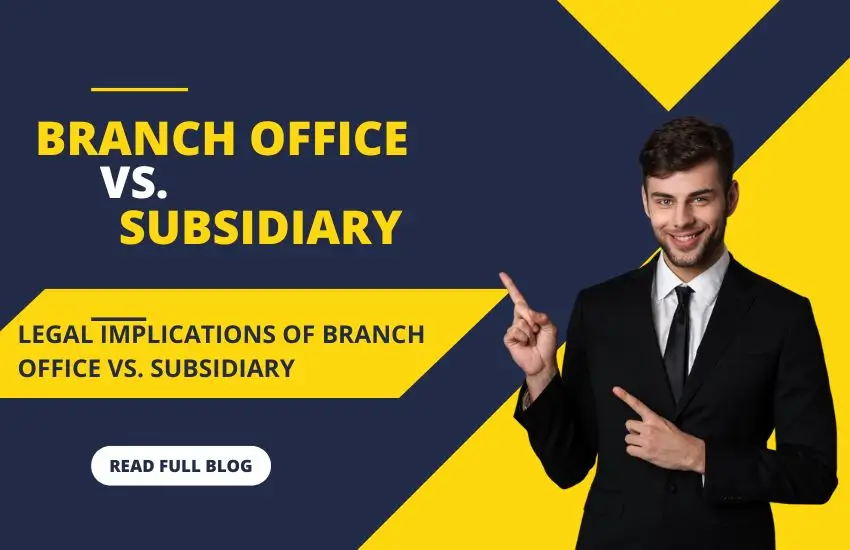What Is the Business Judgment Rule? With Exemptions & Example

Asset Finance: Definition, How It Works, Benefits and Downsides
October 21, 2024
What is Fixed Term Plans?
October 21, 2024Introduction to the Business Judgment Rule
The Business Judgment Rule (BJR) is a cornerstone of corporate law, designed to protect directors and officers from personal liability when making business decisions. At its core, the rule asserts that as long as these leaders act in good faith, with the care of an ordinarily prudent person, and in what they believe is the best interest of the company, they are shielded from legal repercussions—even if the outcome of their decision is unfavorable.
The Importance of the Business Judgment Rule in Corporate Governance
The BJR serves as a safety net for executives and board members, encouraging them to take calculated risks without fear of personal liability. This is crucial in maintaining a healthy business environment where innovation and decision-making can thrive without the constant threat of litigation.
The History and Evolution of the Business Judgment Rule
The origins of the Business Judgment Rule can be traced back to the early 19th century. Over time, it has evolved through various court rulings and legal interpretations, becoming a key part of corporate law in the U.S.
Key Milestones in the Development of the Business Judgment Rule
Several landmark cases, such as Smith v. Van Gorkom and Aronson v. Lewis, have shaped the modern understanding of the BJR. These cases have helped clarify the conditions under which the rule can be invoked and the legal protections it provides.
The Purpose of the Business Judgment Rule
The primary purpose of the BJR is to foster sound decision-making within corporations. By shielding directors from the threat of lawsuits, the rule encourages them to make bold, strategic decisions that benefit the company, rather than focusing on personal liability.
Protecting Directors and Officers from Liability
Corporate executives are often tasked with making high-stakes decisions that can make or break a company. The BJR provides them with the confidence to act without fear of being sued for every unfavorable outcome.
Encouraging Decision-Making in the Best Interest of the Corporation
By protecting executives who act in good faith and with due care, the BJR promotes a culture of ethical leadership and responsible decision-making.
The Legal Framework of the Business Judgment Rule
How Courts Apply the Rule
Courts generally defer to the judgment of corporate directors, assuming they meet certain criteria: acting in good faith, being reasonably informed, and having no conflicts of interest. This deference helps maintain the balance between accountability and executive freedom.
The Role of State Laws in the Rule’s Enforcement
Different states may interpret and apply the BJR slightly differently, but the core principles remain consistent across jurisdictions.
Key Elements of the Business Judgment Rule
Good Faith Requirement
Directors must act with honesty and in the best interest of the corporation, believing their decisions are right for the company.
Duty of Care
Executives are expected to make informed decisions by thoroughly researching and considering all relevant factors.
Informed Decision-Making
Part of the BJR involves ensuring that directors have all the necessary information before making a decision. Acting without being fully informed could lead to legal challenges.
No Conflicts of Interest
Directors cannot have any personal interest in the decisions they make for the company. If a conflict exists, the BJR does not protect them.
How the Business Judgment Rule Applies to Corporate Directors
The rule is specifically designed to shield directors and officers, provided they meet the criteria of acting in good faith, with due care, and without conflicts of interest.
The Difference Between the Duty of Care and Duty of Loyalty
The duty of care refers to making informed decisions, while the duty of loyalty means putting the company’s interests above personal gain. The BJR ties into both by ensuring directors fulfill these responsibilities.
Limitations and Criticisms of the Business Judgment Rule
Situations Where the Rule Does Not Apply
If a director breaches their duty of loyalty or engages in fraud or illegal activities, the BJR offers no protection. Critics also argue that the rule can be too lenient in certain cases, allowing executives to escape liability for poor decisions.
Landmark Cases Involving the Business Judgment Rule
Smith v. Van Gorkom
This case established the importance of informed decision-making within the context of the BJR.
Aronson v. Lewis
This case focused on the duty of care and how it interacts with the BJR.
Shlensky v. Wrigley
Here, the court ruled that as long as directors act in the best interest of the corporation, the BJR protects them—even in controversial decisions.
Business Judgment Rule vs. Other Legal Standards
The Rule vs. The Entire Fairness Doctrine
While the BJR focuses on the good faith of decision-makers, the entire fairness doctrine demands that decisions be entirely fair to the corporation and its shareholders.
Comparison with Fiduciary Duty Standards
Fiduciary duties require directors to act with loyalty and care. The BJR often intersects with these duties, providing protection when directors fulfill them.
The Impact of the Business Judgment Rule on Risk-Taking
The BJR allows corporate leaders to take calculated risks without fear of personal liability. This is particularly important in industries where innovation requires risk.
The Business Judgment Rule in Mergers and Acquisitions
In high-stakes situations like mergers, the BJR plays a crucial role in protecting directors who act in good faith while making complex decisions.
How to Strengthen Protection under the Business Judgment Rule
Best Practices for Corporate Directors
To maximize protection under the BJR, directors should document their decision-making processes, seek expert advice, and always act in the company’s best interest.
Legal Tips for Minimizing Liability Risk
By maintaining transparency and avoiding conflicts of interest, directors can reduce the likelihood of legal challenges under the BJR.
The Future of the Business Judgment Rule
As corporate governance evolves, so too will the interpretation and application of the BJR. Emerging trends suggest increased scrutiny of directors’ decisions, particularly in areas like sustainability and social responsibility.
Conclusion
The Business Judgment Rule is a vital component of corporate governance, offering protection to directors and officers when they act in good faith, with due care, and without conflicts of interest. While it has its limitations, the BJR promotes responsible risk-taking and helps foster innovation within corporations.
FAQs
What happens if a director breaches the Business Judgment Rule?
If a director breaches the rule, they could face personal liability, especially if they failed to act in good faith or had a conflict of interest.


